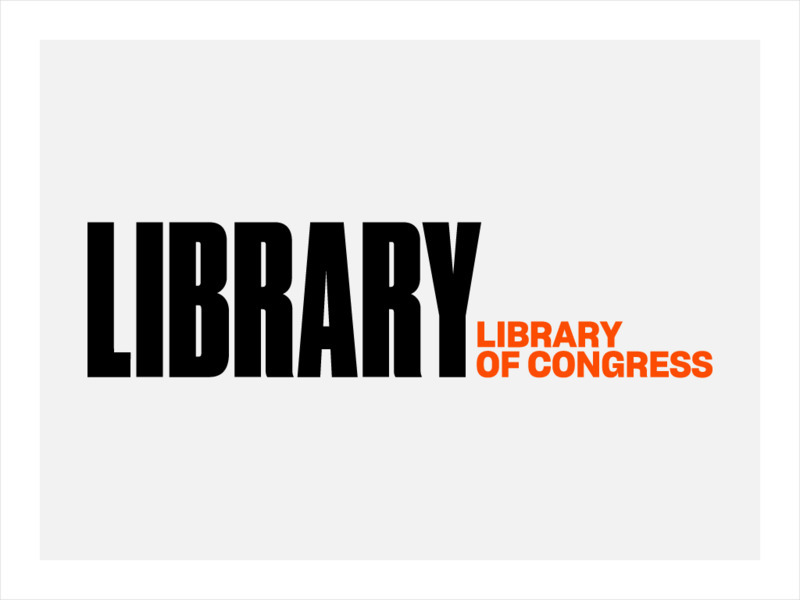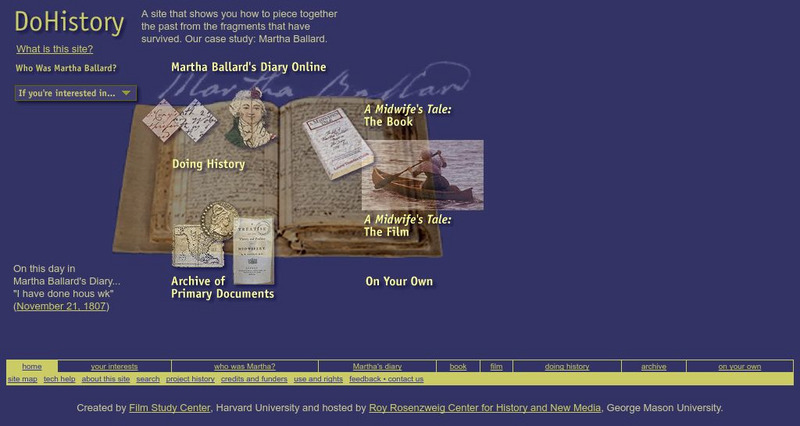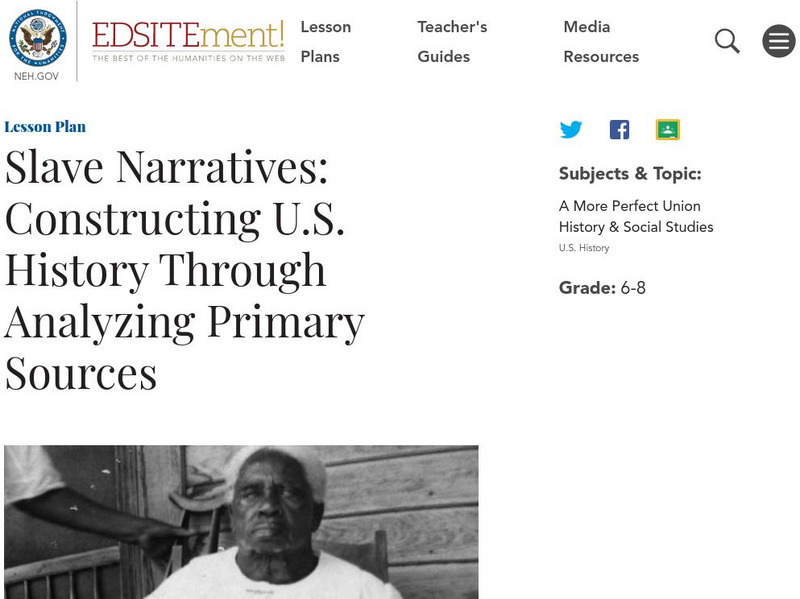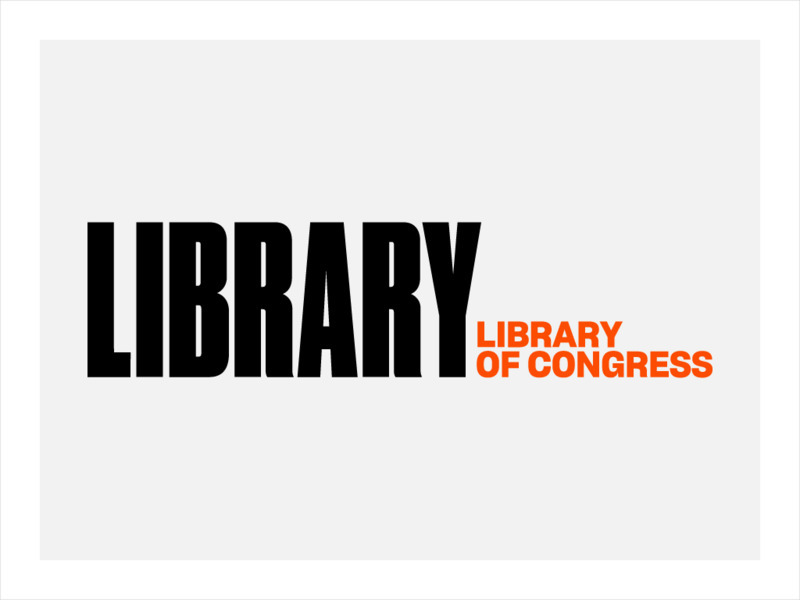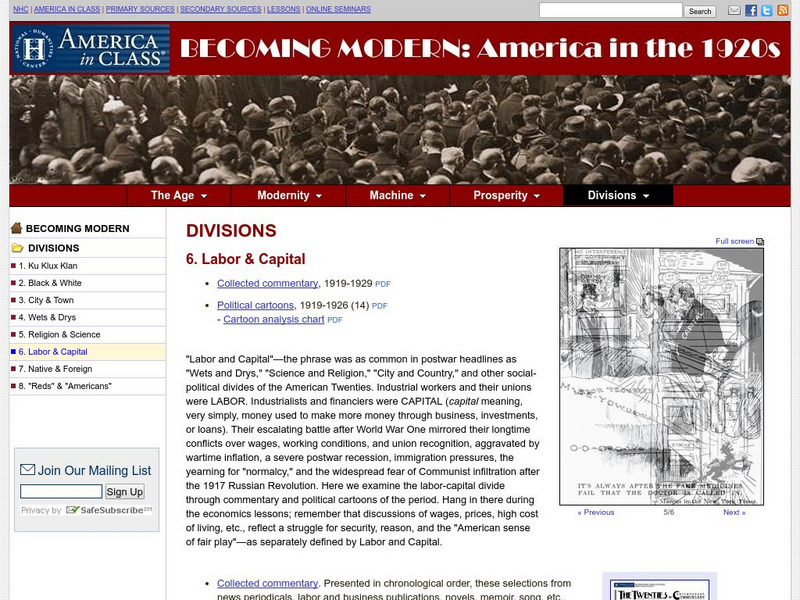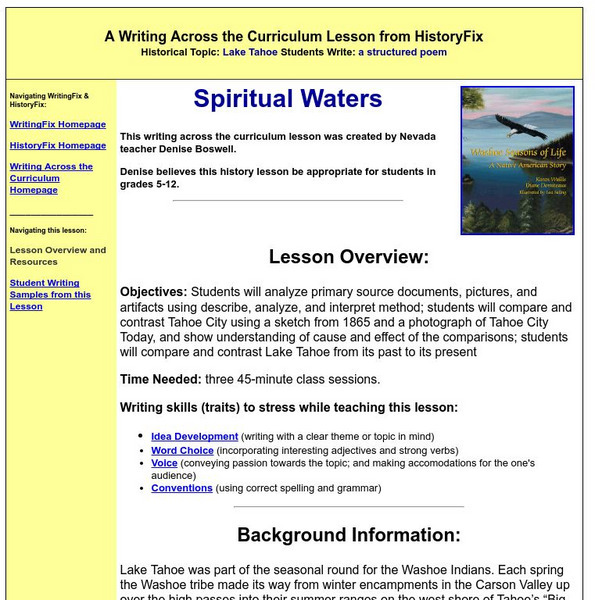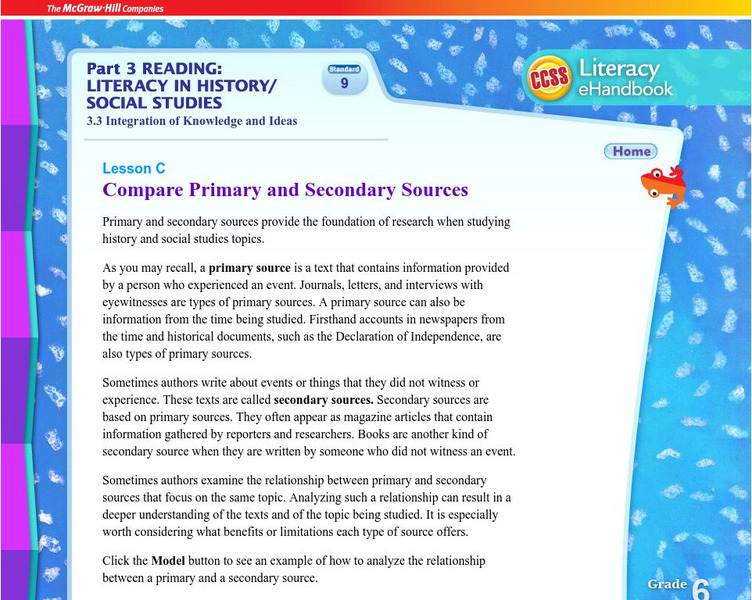Hi, what do you want to do?
New York State Education Department
TASC Transition Curriculum: Workshop 11
You'll C-E-R a difference in classroom achievement after using a helpful instructional activity. Designed for economics, civics, government, and US history classes, participants practice using the CER model to craft arguments about...
Library of Congress
Loc: For Teachers: Analyzing Primary Source Documents
These student worksheets and activities help students analyze many different types of primary source documents. Life histories, objects, and photographs are all used to engage students.
Library of Congress
Loc: History Firsthand: Primary Source Research
History Firsthand has been designed to provide elementary children with experiences which enable them to begin understanding primary sources. Students move from personal artifacts to the vast American Memory collections and learn how...
Internet History Sourcebooks Project
Fordham University: Medieval Sourcebook: History Through Primary Sources
This site from the Medieval Sourcebook answers the question: Why Study History Through Primary Sources? It provides complete information, a list of review questions, and bibliography information.
Duke University
Duke University Libraries: Finding Primary Sources
Finding primary sources can be difficult and confusing at times. This site provides a list of history databases, rare books and manuscripts, and research guides for those looking for primary resources such as diaries, letters,...
Harry S. Truman Library and Museum
Truman Library & Museum: Incorporating Primary Sources in the Classroom
Students and teachers are given direction in how to work with the primary source materials of the Harry S Truman Presidential Library.
Library of Congress
Loc: Kindergarten Historians: Primary Sources in an Early
If you've ever wondered how early elementary students develop historical thinking skills, check out this lesson with a group of kindergarten students. The Class of 2025 demonstrated their educational readiness while engaged in analyzing...
Library of Congress
Loc: Teachers: Personal Stories and Primary Sources
Students will explore the value of personal stories and first-hand accounts when exploring history, in this case, the events of the early twentieth century, which included World War I and the Great Depression. Through this five-unit...
Other
Do History: Using Primary Sources
This site explains the difference between a primary and secondary source. It also provides students with questions to ask when gathering evidence about a primary source document.
Library of Congress
Loc: 1900 America: Primary Sources and Epic Poetry
To better understand the United States at the end of the nineteenth century, this interdisciplinary lesson integrates analyzing historical primary resources with literary analysis. Students work in groups and express themselves...
National Endowment for the Humanities
Neh: Edsit Ement: Slave Narratives: Analyzing Primary Sources
The main focus of this lesson plan is to help students gain more knowledge about slavery and understand that no. There are links to sites with slave narratives that can be copied and analyzed in class.
Library of Congress
Loc: Slavery in the United States: Primary Sources
This lesson plan introduces students to primary sources- what they are, their great variety, and how they can be analyzed. The lesson plan begins with an activity that helps students understand the historical record. Students then learn...
University of California
Cal Heritage Collection: Using Primary Sources
This resource covers what primary sources are, where we can find them, and how we can assess them in the classroom.
University of California
Uc Irvine: Distinguishing Between Primary & Secondary Sources
This site has an online quiz to test your knowledge of primary and secondary sources.
National Humanities Center
National Humanities Center: America in Class: America in the 1920s: Labor & Capital
The National Humanities Center presents collections of primary resources compatible with the Common Core State Standards - historical documents, literary texts, and works of art - thematically organized with notes and discussion...
Library of Congress
Loc: Sourcing a Document: The First Thanksgiving
For this activity, students discuss the reliability of a painting of the First Thanksgiving to introduce the idea that is crucial to consider a source's date.
US National Archives
Docsteach: A Revolution, a Reaction and a Reform: National History Day
Students will analyze primary source documents related to the National History Day (NHD) theme for 2011-12: Revolution, Reaction, Reform in History, determine how the documents are connected to the theme, and evaluate the effectiveness...
Stanford University
Sheg: Document Based History: Reading Like a Historian: Evaluating Sources
[Free Registration/Login Required] Are all historical sources equally trustworthy? How might the reliability of a historical document be affected by the circumstances under which it was created? In this activity, students sharpen their...
Writing Fix
Writing Fix: Spiritual Waters
After analyzing primary source documents, pictures, and artifacts, young scholars will use the describe, analyze, and interpret method to compare and contrast a sketch of Tahoe City in 1865 to a photograph of modern day Tahoe City. Then...
Library and Archives Canada
Nlc: Defining Primary and Secondary Sources
Libraries and archives hold documents and books that can be used for your research projects. Learn how to divide and identify them into primary and secondary sources in this tutorial.
Curated OER
Mc Graw Hill: Compare Primary and Secondary Sources
Learn how to analyze and compare the relationship between a primary and a secondary source.
Roy Rosenzweig Center for History and New Media
Teaching History: Interactive Historical Thinking Poster (Secondary)
This is an interactive historical thinking poster. History is an argument about the past. Constructing a narrative about history involves several tasks: Analyzing Primary Sources, Examining Source Information,Using Evidence to Support...
PBS
Pbs Learning Media: Scapegoating Asian Americans During the 1980s
Analyze primary sources in the media gallery and create an illustrated poem to learn how Asian Americans were scapegoated for the downturn of the U.S. economy and American auto industry during the 1980s.
PBS
Pbs Learning Media: Villainizing Japanese Americans During the Wwii Era
Analyze primary sources in the media gallery and create an illustrated poem to learn how Japanese Americans were impacted by anti-Chinese exclusion policies of the 1800s, and why it escalated during World War II. As a result, Americans...







